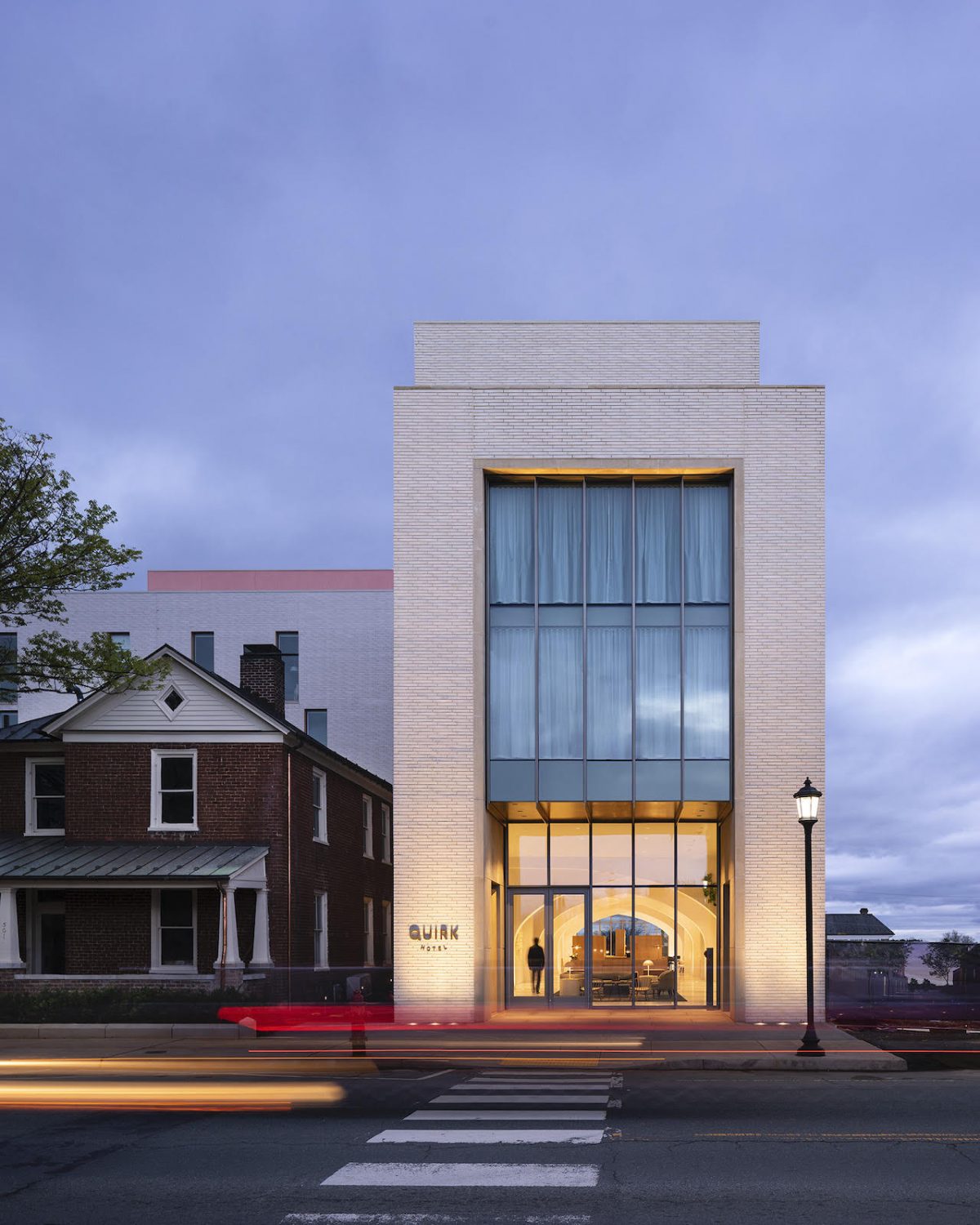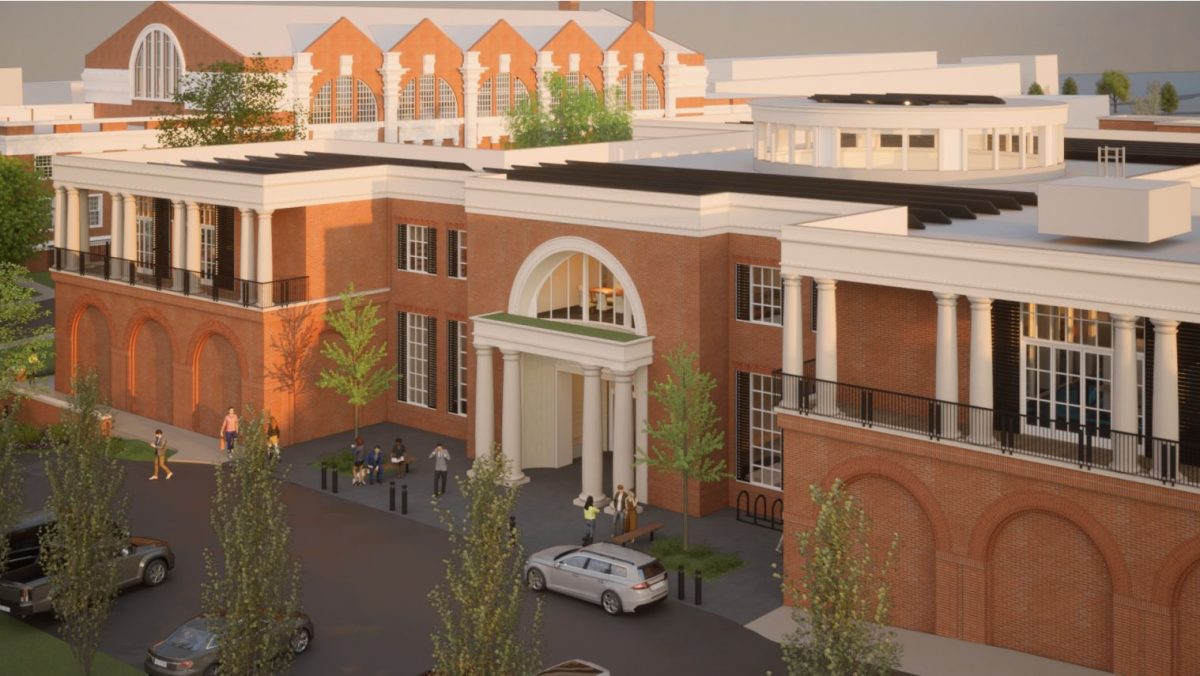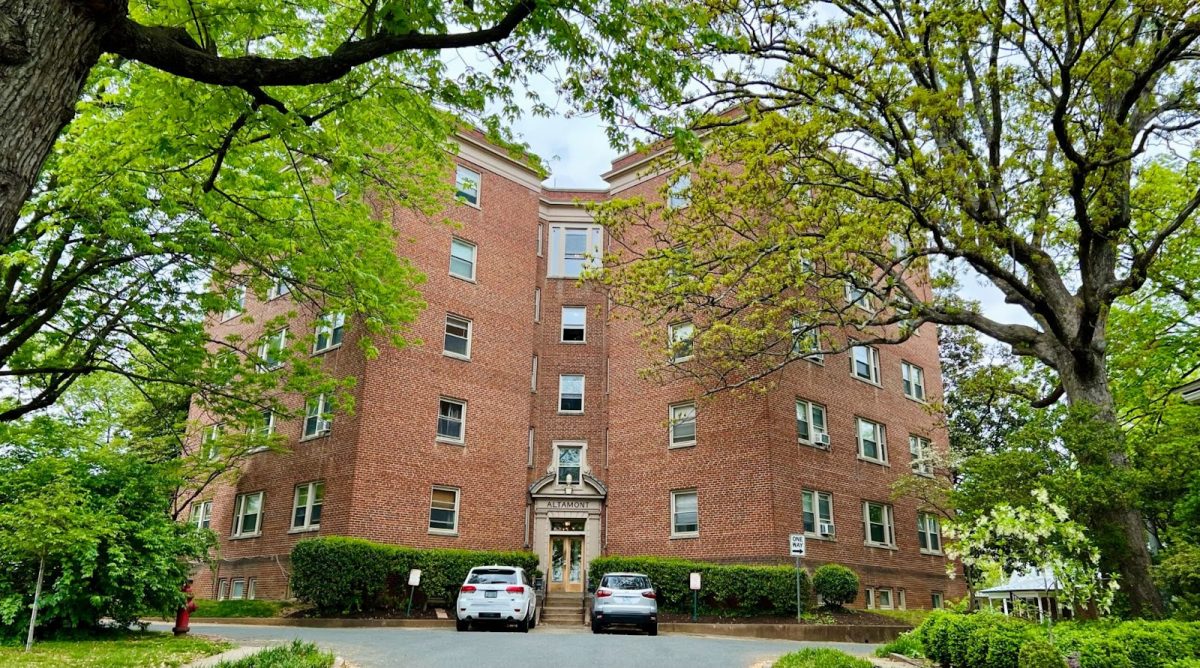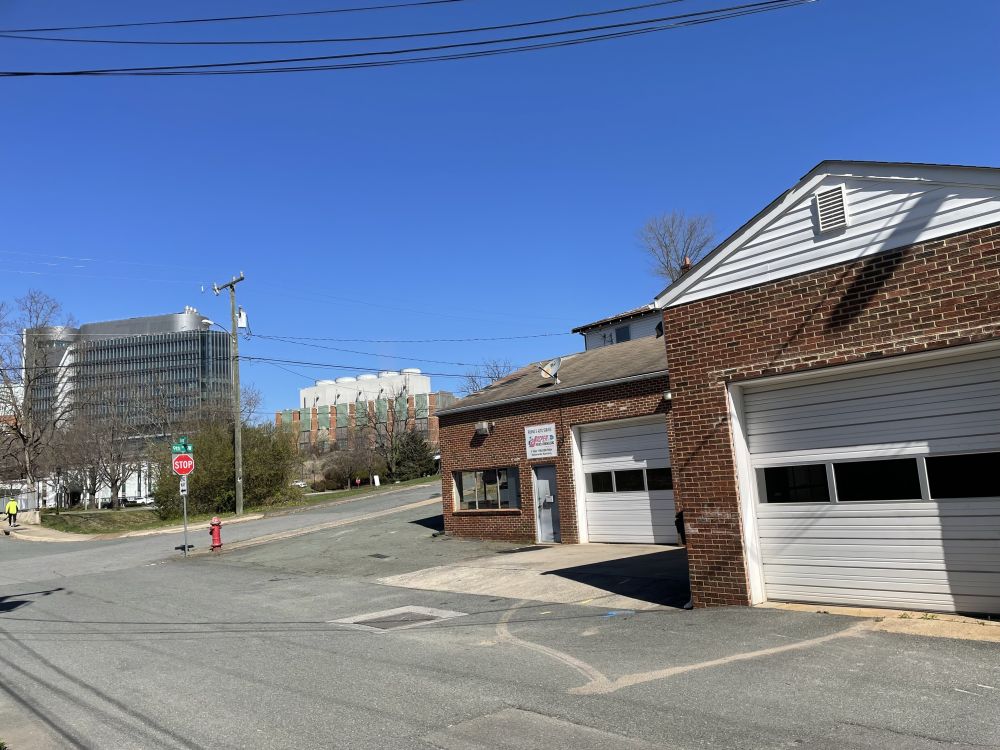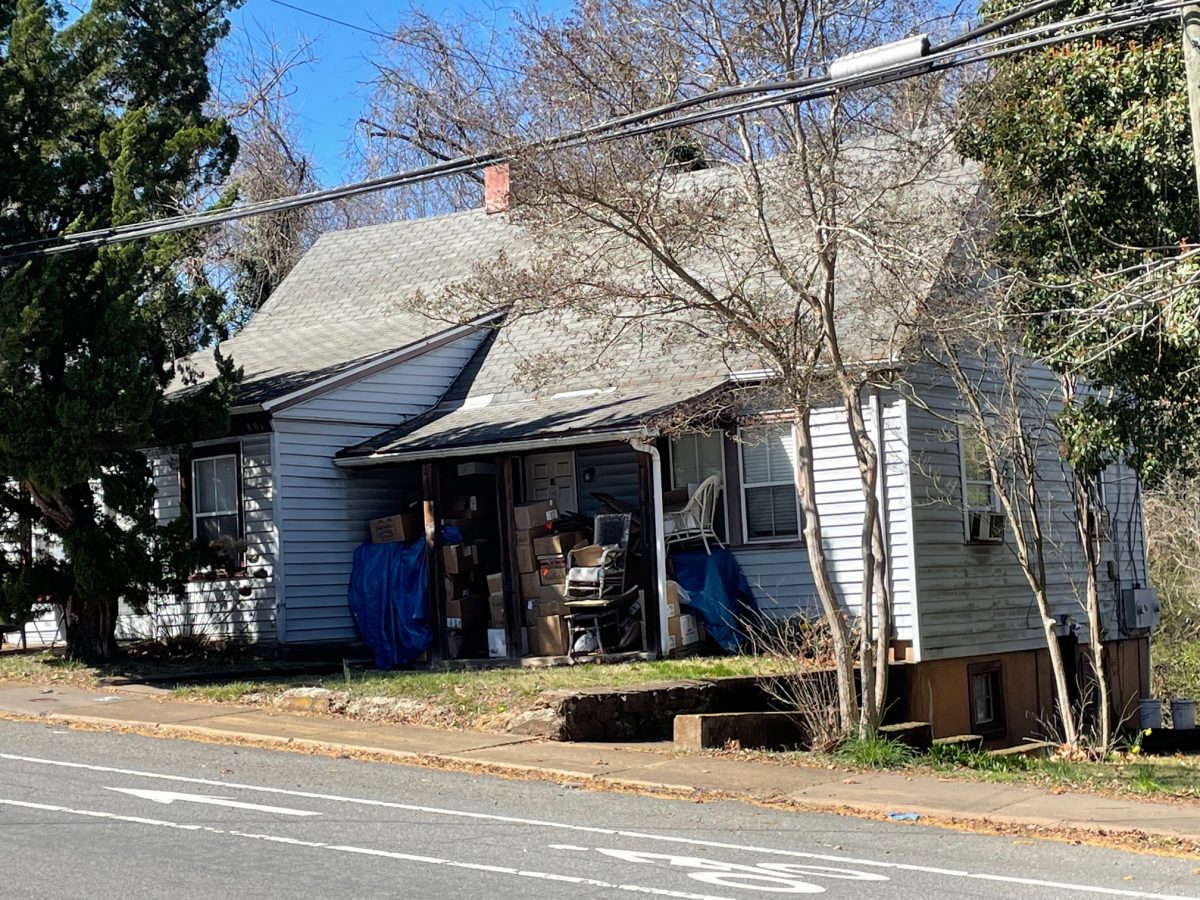Four years after opening its doors, the Quirk Hotel in Charlottesville was sold for $24 million to Blue Suede Hospitality Group on Monday, April 29. The hotel will undergo a complete rebrand—including a renaming—later this fall.
Originally opened in March 2020, the Charlottesville Quirk Hotel is the sister location of the popular Richmond-based Quirk Hotel. The Ukrop family—best known for its Richmond-area grocery store chain and baked goods—purchased the Charlottesville site for $3.75 million in 2017.
Both Quirk Hotels were operated by Retro Hospitality and owned by the Ukrops family prior to the sale. The Ukrops also sold a minority share of ownership in the original Quirk in January 2024.
Since its launch in New York two years ago, new owner Blue Suede Hospitality Group has acquired four boutique apartment hotels, with locations in Miami, Memphis, Tennessee, and Ann Arbor, Michigan. The acquisition of the 80-room Quirk in Charlottesville marks the group’s first Virginia location and is of a similar size to its Miami holdings.
“We are very excited to continue the great legacy of this remarkable hotel, and further enhance its connection to downtown Charlottesville,” said Blue Suede CEO Kenny Lipschutz in a comment via email. “We look forward to doing our small part to contribute to the dynamic and growing momentum downtown, and are inspired by the opportunity to further support the unique and vibrant Charlottesville community.”
Retro Hospitality will hand over management of the property at the end of June, but BSHG says it will honor the hotel’s existing reservations and events. Since its opening in 2020, the Quirk has become a popular venue choice for couples planning weddings, with a large rooftop bar, changeable indoor and outdoor spaces, and customizable menu options from its full-service restaurant.
The biggest changes will come this fall, when the hospitality group anticipates rebranding the Quirk and announcing a new food and beverage partner.
Despite the rebrand, the Quirk Art Gallery will remain the same, according to Ted Ukrop.
“Katie and I want to thank our guests, artists, and investors for supporting Quirk Charlottesville over the past four years,” said Ukrop in a press release issued by real estate group CBRE, who brokered the deal.“Not all ventures or pursuits go as planned and opening two weeks before Covid certainly presented many challenges. Katie does plan to keep Quirk Gallery open in its current hotel location.”
Quirk Gallery is a major draw for both the Richmond and Charlottesville locations, which prompted the launch of the original hotel. The Ukrops opened the Richmond gallery in 2005 before opening the flagship hotel in 2015. Currently, the Charlottesville Quirk is highlighting artist Kiki Slaughter’s exhibit “Twenty Years,” a retrospective of her two decades as a painter, which will run until June 2.
The sale of the Quirk is the latest shake-up in Charlottesville’s hotel scene, which has seen marked changes over the last several years with the renovation of the Omni Hotel, completed in late 2023, and the opening of the University of Virginia’s Forum Hotel in April of this year.
Another hotel is also currently being discussed by the Board of Architectural review following a proposal from Heirloom Development. The group, which counts luxury apartment building Six Hundred West Main among its local projects, previously obtained approval for a special use permit to build an apartment building at 218 W. Market St., but now hopes to pivot the space to hospitality.
